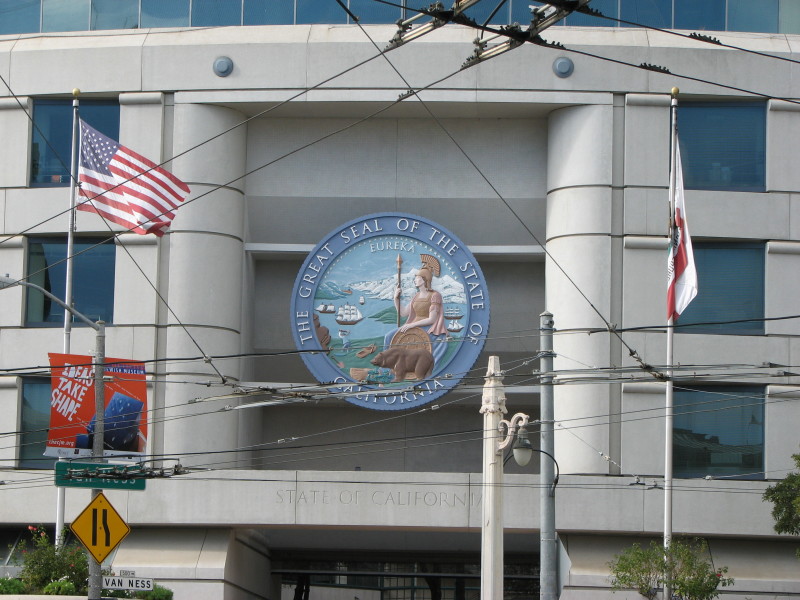"In general, these practices have the unavoidable effect of moving actual governmental decision-making out of the public eye," the report said.
The study also said that ex parte communications between the CPUC and utilities are "fundamentally unfair" to public interest and consumer groups. That's because those groups aren't privy to what utilities are discussing with the commission behind closed doors, nor are they granted equal-time meetings. In a typical rate-setting case, the study found, utilities filed 80 to 100 percent more notices of ex parte contacts than consumer groups did.
The study also found distrust of the CPUC among industry representatives, consumer advocates, legislators and even agency staffers -- all of whom said they felt new rules would not necessarily change the culture at the CPUC. One participant observed that "the problem is not the rules, it is that the rules are not followed." Another described the fundamental problem as "the lack of an ethical culture."
A recent KQED investigation spotlighted the cozy ties between CPUC officials and representatives of PG&E in the wake of a fatal pipeline rupture.
State Sen. Mark Leno says addressing this cultural problem is a key objective of SB660, a bill he co-sponsored to reform CPUC practices, including rules governing ex parte communications.
"What we’re really trying to do with this piece of legislation is to impact, if not change, the culture of the California Public Utilities Commission," Leno said. "We want to bring a new ethical standard, and meaningful change to this commission, which has as its charge and its mission to regulate utilities and to provide safety, reliability and affordability for ratepayers. They have lost their way, seriously lost their way, and so it’s time for reform."
Leno is pushing to close loopholes that result in ex parte communications from rate-setting cases, a recommendation also made by the authors of the independent report.
"We received disturbing reports of instances where decision-makers sought to assist parties by telling them what to do or say in aid of their cases," the study noted. Those communications "were undisclosed in reliance on a claimed loophole in the disclosure rules -- a loophole that we have found does not actually exist."
The report noted that advocates of ex parte communications argued that regulatory officials relied on these quick chats "to know what information they need to know to make a decision," since the sheer volume of information included in each case means commissioners and their staff must wade through thousands of pages of documents before they can get a sense of the key evidence and arguments.
Commission President Michael Picker, speaking in an interview with KQED News earlier this month, acknowledged that casual relationships formed via frequent emails are "a problem, because when you start to get at a certain level of casualness, then you can slide into other kinds of ethical breaches.”
At the same time, he argued that it was problematic for commission staff to be banned from communicating with regulated utilities such as PG&E.
“We can’t guarantee that the electric system, the gas system work properly, we can’t make sure that people are being protected against unsafe infrastructure unless we are always in communication with the utilities," he said. "So if we’re not in contact with PG&E that’s as big of a problem, and maybe a larger problem, than some of the improper comportment.”
On June 22, the Governor's Office of Planning and Research hosted a workshop at the CalEPA headquarters on ex parte rules and best practices followed by other state and federal agencies, which featured a presentation by Michael Strumwasser, a partner in the firm that produced the report.
"The ... report is under review," CPUC spokeswoman Constance Gordon wrote in an email to KQED. "It is a complicated subject with many stakeholders, and the CPUC is very supportive of the Governor’s efforts to bring clarity to this issue. The report is an important step forward."

